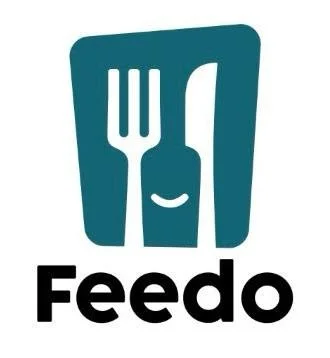The history of QR Codes
Who hasn’t been sitting on a sunny terrace, enjoying the city buzz, when the waiter doesn’t hand you a menu but simply points to a QR code?
With one quick scan, you’re browsing dishes, ordering drinks, or checking into your hotel room. Today, QR codes feel effortless — but the story behind them is more fascinating than most people realize.
Who Invented the QR Code?
The QR code was invented in 1994 by Masahiro Hara, an engineer at Denso Wave, part of Toyota. At the time, factories needed a faster way to track car parts. Traditional barcodes could only hold about 20 characters and had to be scanned line by line.
Hara’s breakthrough was the two-dimensional Quick Response (QR) code, which stored hundreds of times more information and could be scanned instantly from any angle. Originally designed for industry, this small square would go on to reshape daily life worldwide.
The Global Evolution of QR Codes
• 2000s (Japan): QR codes appeared on ads, train tickets, and even gravestones.
• 2010s (Global): Marketers experimented, but adoption outside Japan was slow. Many people didn’t know why they should scan a QR code.
• 2020s (Worldwide): The pandemic changed everything. Suddenly, contactless solutions were essential. Restaurants switched to digital menus, hotels offered touch-free check-ins, and QR codes became part of everyday life.
QR Codes in Restaurants and Hotels
Today, QR codes are essential in hospitality and dining. They provide a smooth, contactless way to connect guests with services:
• Restaurants: digital menus, table ordering, and instant payments.
• Hotels: in-room service menus, spa bookings, local guides, and easy check-ins.
• Events & Tourism: quick access to schedules, maps, and hidden offers.
Not only do QR codes improve efficiency, but they also enhance guest experience — no waiting, no searching, just scan and go.
The Future of QR Codes
Modern QR codes can be customized with colors, logos, and branding, turning them into part of a restaurant’s or hotel’s identity. Looking ahead, expect QR codes to integrate with loyalty programs, personalized offers, and augmented reality.
The future is simple: one small square connecting people to everything they need.
Why It Matters for Your Business
Whether you run a restaurant, hotel, or bar, QR codes are no longer just a trend — they are the standard for customer convenience and engagement.
At Feedo, we create custom QR code solutions for restaurants and hotels that are stylish, fast, and easy to use. Ready to upgrade your guest experience? Contact us today.
